NEWS
New Works
Conchita Hernández Legorreta, a disability rights activist and co-founder of the National Coalition of Latinx with Disabilities, writes about growing up as an undocumented blind Latina for Refinery29. “I continue to fight for institutional change and inclusion for disabled BIPOC immigrants,” she writes, ”yet I don’t pretend that this is enough, nor that being included in a capitalist, ableist, racist, xenophobic system is the answer to our problems.”
An Instagram post from Ezra Benus (@ezrabenus): "My left hand holds a postcard of the exhibition Kingdom of the Ill. These words are seen in bold yellow font, the word kingdom is crossed with a line through it. This is all overlaid on top of a black and white photograph artwork showing a pair of arms with open hands, on top and bottom of the image, meeting an inverted black triangle. One arm is wrapped in black leather tefillin straps snaking around the fingers, and the other is wrapped similarly with intravenous tubes. There is text on the bottom that has the name of Museion [Bolzano, Italy] and the dates of the exhibition [1 OCT 2022 - 5 MAR 2023]. Tags @museion_bz"
Wish You Were Here, Wish Here Was Better (WYWH, WHWB) organized by community organizer and scholar Zoë Dodd, artist Les Harper, writer Theodore (ted) Kerr, and curator-scholar Ellyn Walker at the Blackwood Gallery, featured a van that traveled around Toronto. The exhibition was “a mobile public event series that makes space for people impacted by the ongoing overdose crisis” from Oct. 3rd to 9th.
Peter Torres Fremlin’s Disability Debrief newsletter, and especially the “All-you-can-eat news buffet” with hundreds of links on various disability issues - continues to be an incredible resource. The most recent issue offers a critical take on the paradigm of inclusionism.
Tricia Hersey’s Rest is Resistance: A Manifesto is out now from the Hachette Book Group. In a New York Times feature, the “Nap Bishop” explains how she discovered the spiritual power of rest.
Ignacio G. Galán’s article “Disabled Practices for the Architectures of the Countercollapse” was recently published in the Journal of Architectural Education.
An article by Fortesa Latifi in The New York Times looks at the challenges of dating with chronic illness.
A new study from the medical schools at Northwestern, UMass, and Harvard offers unusual detail about medical ableism. In focus groups, physicians reported actively choose to deny care to disabled people, often using discretionary excuses to discharge patients from their practice.
If you’ve ever wondered about the specifics of the federal disability determination process, check out Mark Betancourt’s recent essay for Mother Jones.
Script/Rescript, on view through Dec. 8th at the University Art Gallery in San Diego, features work by Panteha Abareshi, Jillian Crochet, Sugandha Gupta, Ana García Jácome, Bhavna Mehta, Dominic Quagliozzi, Katherine Sherwood, Akiko, Surai, Sunaura Taylor, and Chun-Shan (Sandie) Yi. Curated by Amanda Cachia.
Curating Access: Disability Art Activism and Creative Accommodation, edited by Amanda Cachia, is out from Routledge. You can contact Amanda directly for free copies of the book’s PDF.
Abuse in Care Commission
The Royal Commission of Inquiry on Abuse in Care is “ looking into what happened to children, young people and vulnerable adults in State and faith-based care in Aotearoa New Zealand between the years 1950-99.” It is potentially building a multi-faceted model for understanding and responding to systemic harm. Right now, the Commission is holding a public hearing to examine the responses of faith-based institutions to the abuse and neglect in their care.
Rest in Power, Paul Spooner
A force for independent living, Paul Spooner’s organizing expanded the Personal Care Attendant program in Massachusetts, affecting the lives of tens of thousands of disabled people. Rest in power.
Disability Cases Before the U.S. Supreme Court
Anyone who receives support from U.S. social safety net programs like Medicaid could lose their right to sue federally funded abusive institutions in an upcoming case, Talevski v. Health and Hospital Corporation of Marion County, before the U.S. Supreme Court, scheduled to be argued on Nov. 8th. The long-term care industry is arguing that the estate of a man who was chemically restrained - a practice we’ve long known to be widespread - should not have standing to bring a lawsuit about his abuse. The consequences of this case could be catastrophic, weakening some of the only pathways for holding profit-driven institutions accountable for harm.
At issue in another case coming before the court, Perez v. Sturgis Public Schools, is how families navigate the bureaucracies of the ADA and IDEA when they file claims of discrimination in schools. The case involves a deaf Michigan student who was denied a sign-language interpreter in school for 12 years. If the school district is successful, families will either have to forego their rights to ADA and other disability protections when they accept an IDEA settlement or face lengthy and exhausting administrative battles. And this doesn’t address tactics like “informal removals” and the “troubled teen industry” that allow for institutions to circumvent federal law altogether.
New Organizing Work
I am delighted to share some of my own news today.
I have joined Creatives Rebuild New York as Artist-Organizer. CRNY is stewarding two major programs: a Guaranteed Income Program that is supporting 2,400 artists across New York with no-strings-attached payments of $1,000 per month for 18 months and an Artist Employment Program, modeled after the Comprehensive Employment and Training Act in the 70s, that is supporting 300 artists with salaries, benefits, and other resources to work in and alongside community-based organizations.
Earlier this year, I served on CRNY’s Outreach Corps to help get the word out to Deaf and disabled NY-based artists. Through that work, I discovered a lot of difficulties about how these programs would actually fit into artists’ lives. Things like: the challenges of building trust with organizations whose hierarchies preclude collective power, the tricky choice to accept time-limited direct cash transfers that send artists over a benefits cliff, the need for anti-ableist professional (or anti-professional) development resources, and more.
I am honored that CRNY has chosen to continue these conversations with me as a full-time artist in the organization, with dedicated time for my individual practice. We have a lot to do to address the precarities that Deaf and disabled artists are living through.
September 30th marked the final day of my collaboration as Organizer with the disability arts ensemble Kinetic Light. I am immensely grateful to the company for the support they've given to my work. Stay tuned for updates about a publication project where we will release what we've learned in our year of studying, programming, and organizing.
CALLS
CALLING ALL DEAF & DISABLED BIPOC ARTISTS
Da Soul Gallery - Afro-futurism
We are excited to bring a digital art house to life. Da Soul Gallery will
be a place that features the creative stylings of BIPOC Disabled
artists. The goal will be to showcase and highlight the amazing talent
in our communities. Submissions will be open November 18, 2022. DEADLINE FOR SUBMISSIONS: DECEMBER 31, 2022
Where to Submit: ArtistsCall1@dasoutoucha.com
Also, please provide a written description of the work and its medium.
If you have any questions please contact Addi Mackenzie at:
ArtistsCall1@dasoutoucha.com
Stop the Deportation of Salesh (Sal) Prasad
After being cleared for release from prison, Prasad was released into ICE custody instead of into community, who denied him the chance to say goodbye to his dying mother nor attend her funeral. There is more harm ahead if he is deported. Tell Gov. Newsom to stop his deportation.
Dreaming Disability Justice
The journal Immerse invites submissions featuring artists with disabilities or projects that speak to disability justice with an emphasis on the documentary form. Pitch by Oct. 25th. More here.
Screen Reader Research
New Art City, “an artist-run virtual space where novice and experienced digital artists create 3D online exhibitions in the browser without code,” is looking for people who use screen readers to participate in a research project to make virtual art more accessible. “We are recruiting a group of users to test the catalog view for either 30 or 50 minutes, depending on your availability. For 30 minute tests, we pay 30 dollars, and for 50 minute tests we pay 50 dollars.” Email team@newart.city to arrange a slot with the accessibility panel.


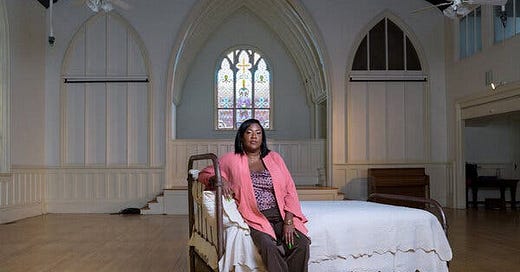

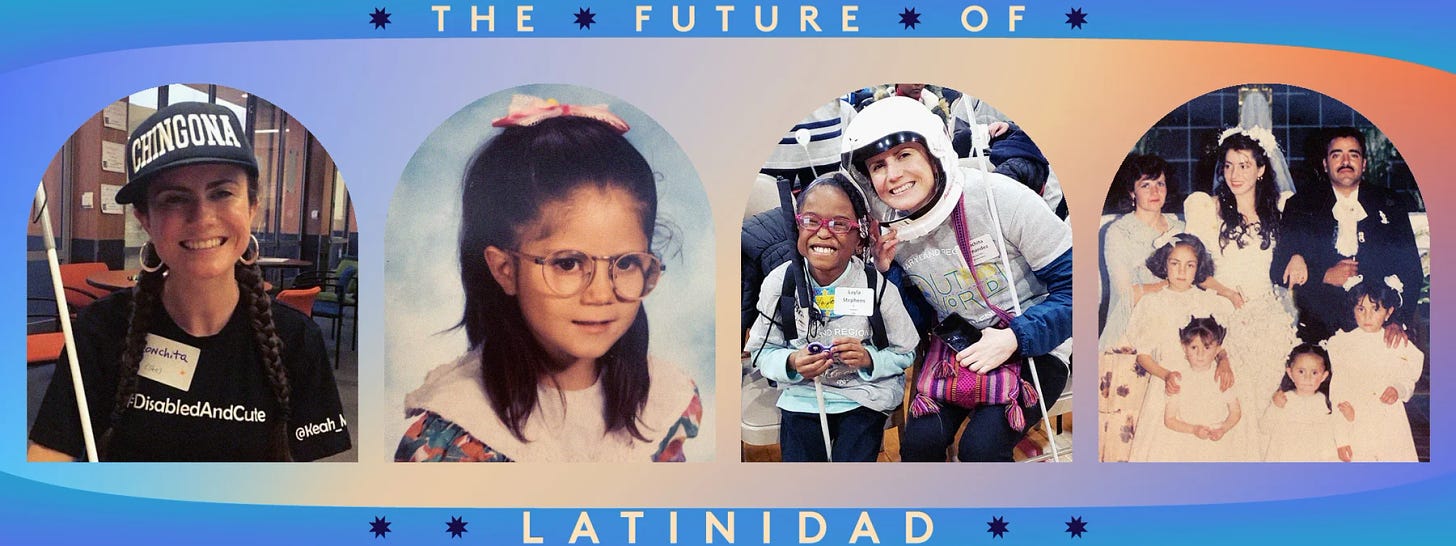
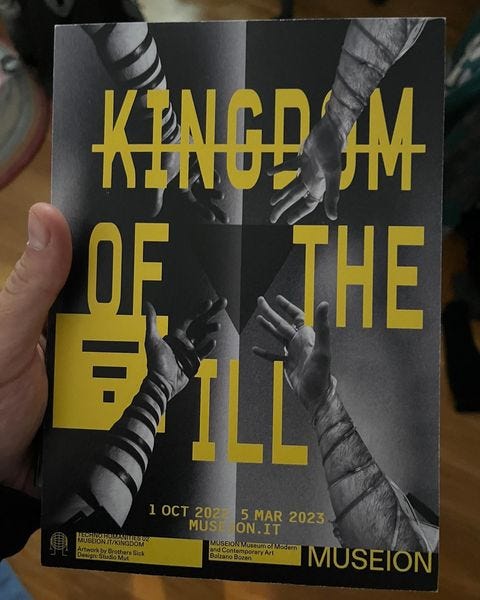
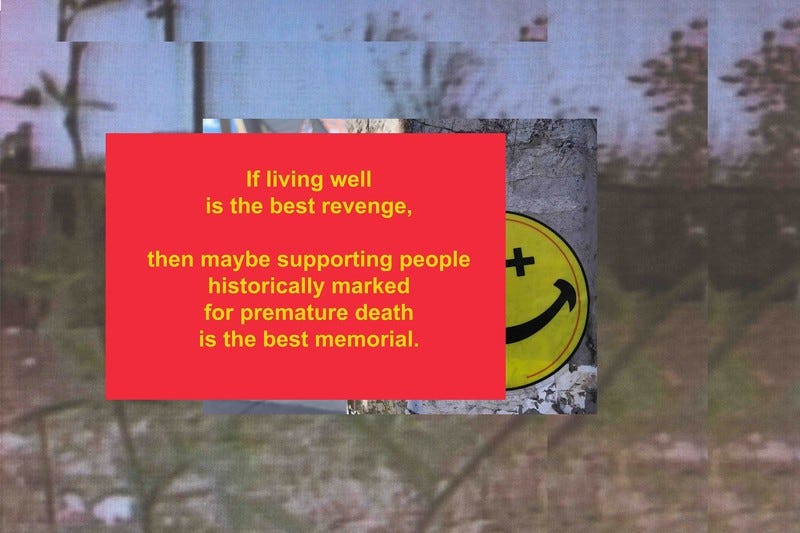


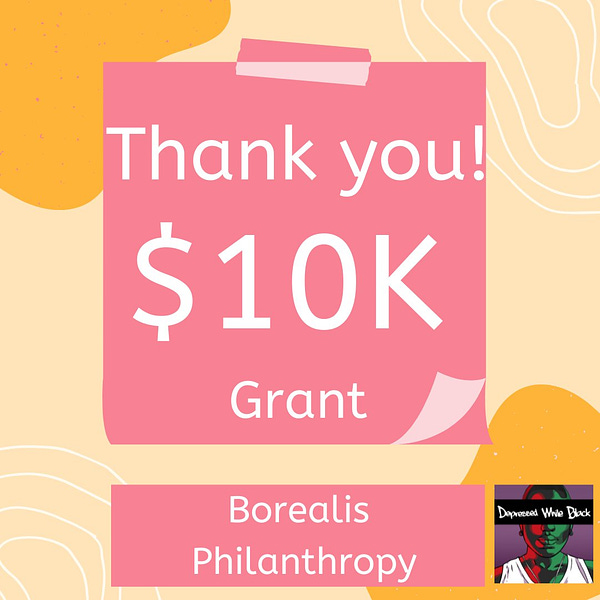
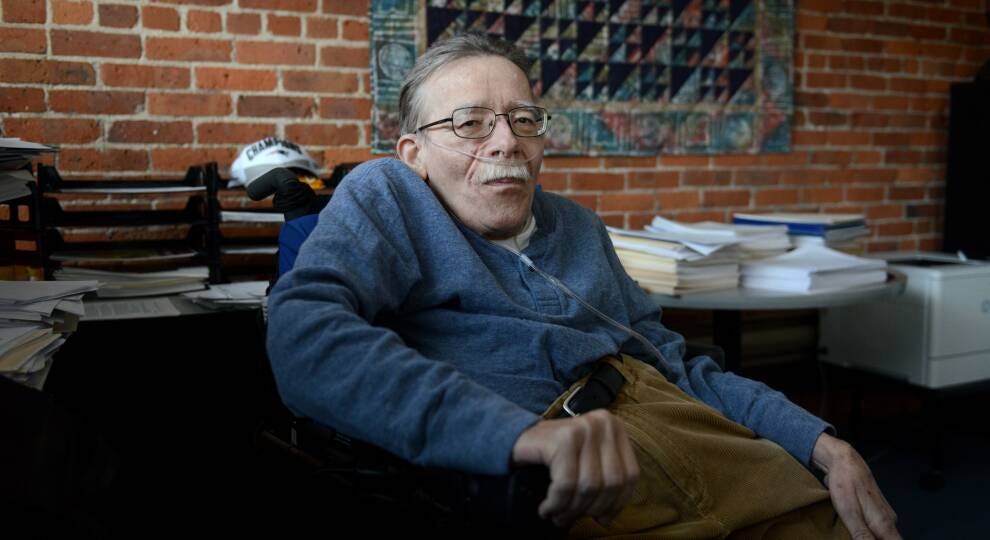
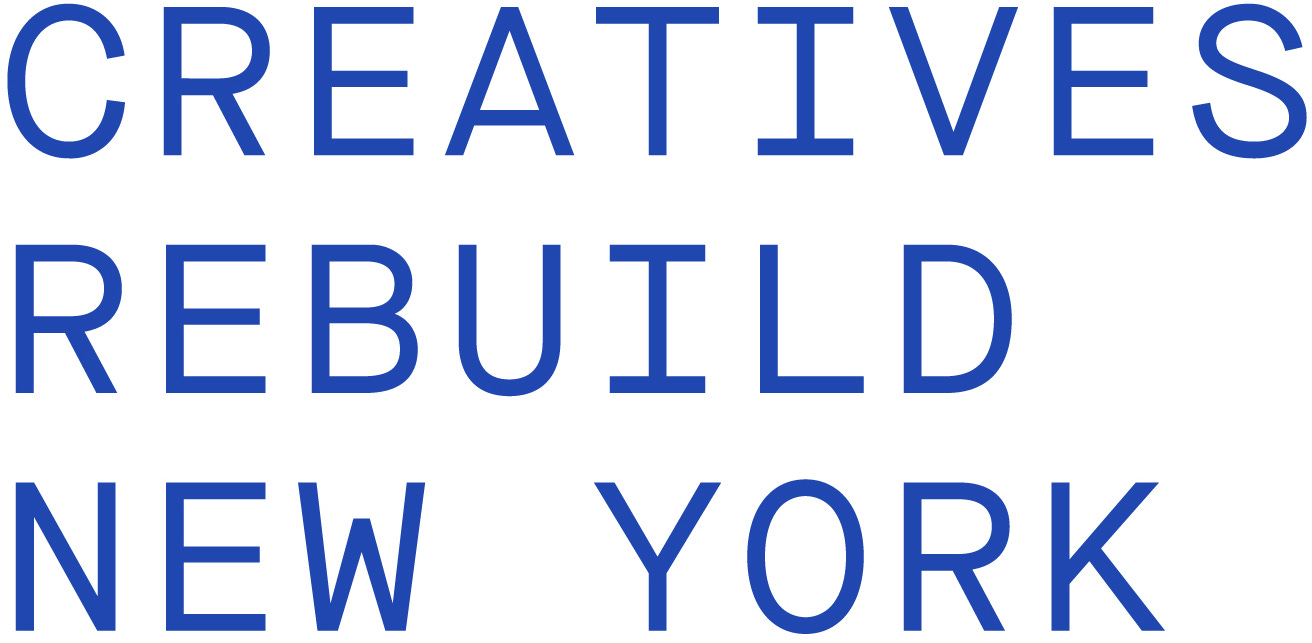
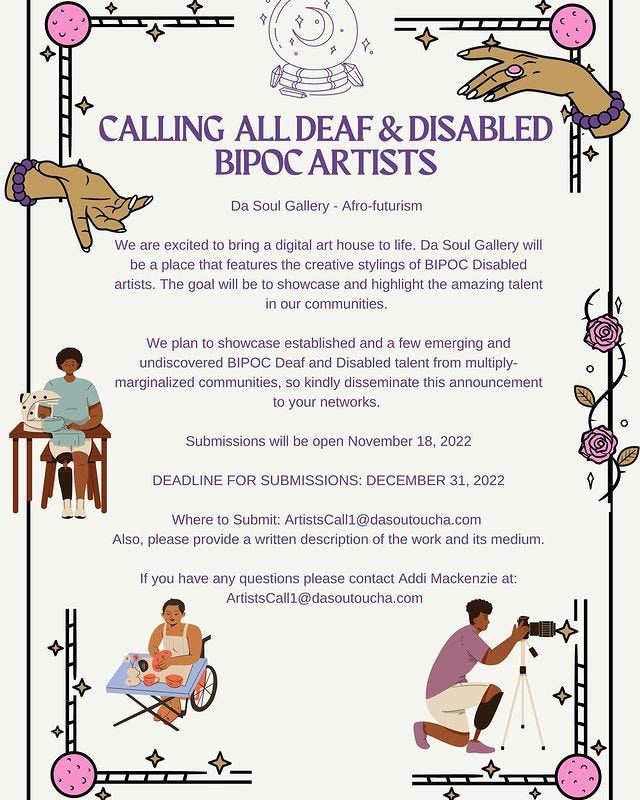
Kevin, thanks for sussing out and curating the news for me. I so appreciate your work. This week the link to the article about medical ableism was especially timely.